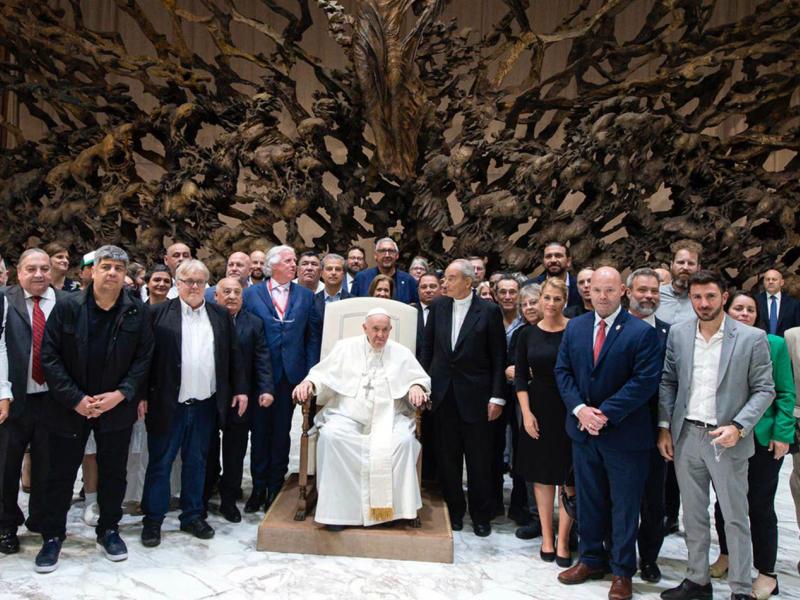While there, he is meeting leaders of the OECD (Organisation for Economic Co-operation and Development), ILO (international Labour Organization), United Nations, IMF (International Monetary Fund) and UNDP (United Nations Development Programme) to help drive home the labour movement’s demands.
The unions demand thatt global leaders must address urgent global risks to democratic rights and freedoms; freedom of speech; freedom of association; and an end to slavery and the kafala system in the Gulf, which binds a foreign worker to the employer in contradiction to labour law.
They are calling on governments, corporations and financial institutions to create quality jobs and decent work, raise wages and social protection, tame corporate power and eliminate slavery, act for climate justice and make economic governance fair for all.
Speaking from Davos, Steve Cotton said: “It is good to hear so many diverse, well-informed views contributing to the development of corporate, regional and environmental strategies that will greatly impact all workers, not only transport workers.
“It is vital that the International Trade Union Confederation (ITUC) and other global union federations continue to have our voices heard – we are demanding environmentally acceptable, sustainable jobs with an equitable North-South balance.
“Sadly, at this time of geo-political instability, it is also vital that corporations and governments increase investment to create jobs that bridge the poverty gap, in order to tackle the rise of extremists.”
Sharan Burrow, ITUC general secretary, added that the outlook for 2015 was bad for growth and jobs. She commented that inequality was only increasing – that the global economy was working well for 100 million people, but not for the other six billion. She concluded that the world needed a new business model as the current one was corrupted, putting workers at risks, families at risk, economies at risk and the very nature of capitalism at risk.
The ITUC and the Trade Union Advisory Committee to the OECD (TUAC) co-ordinated the labour leaders' presence at Davos. The unions' demands were informed by the findings of the ITUC's Global Poll on life for working people, which was carried out in January 2014.
View the labour leaders’ demands.



